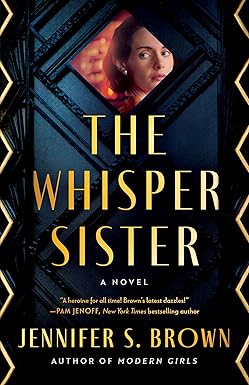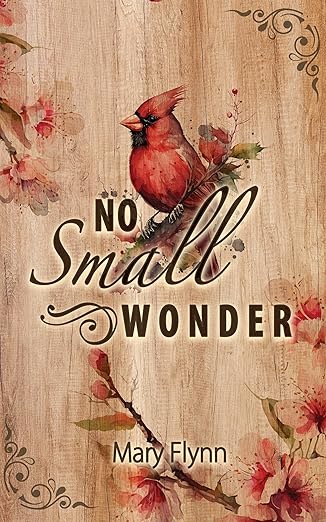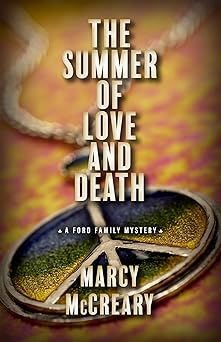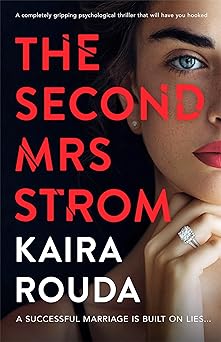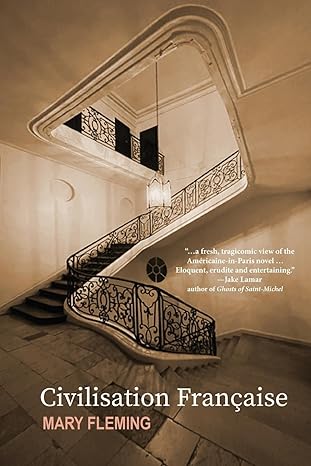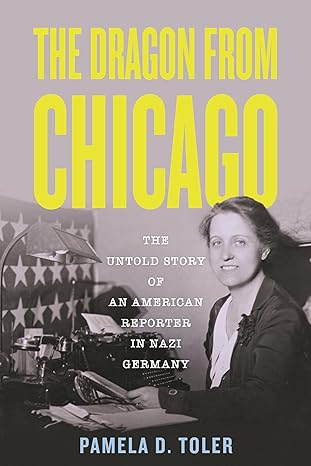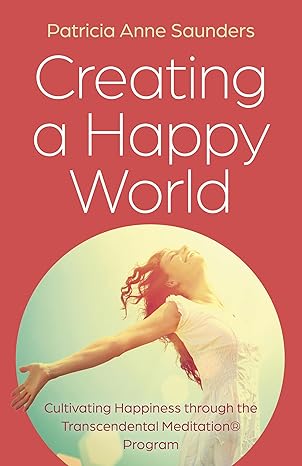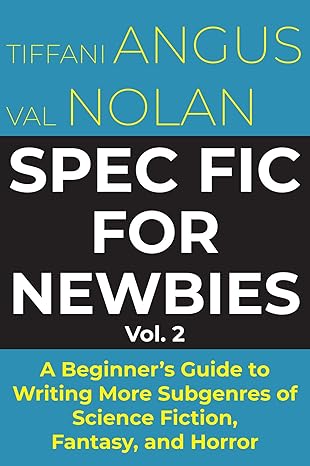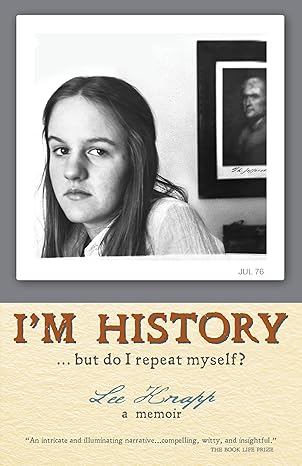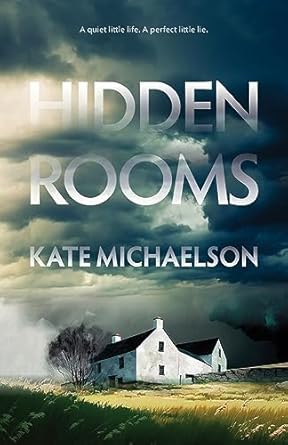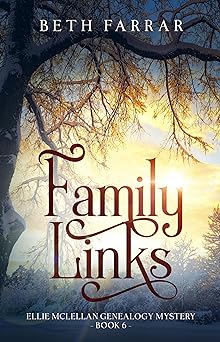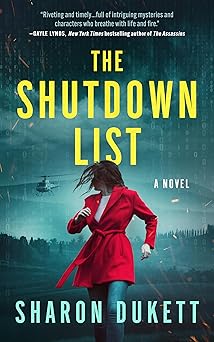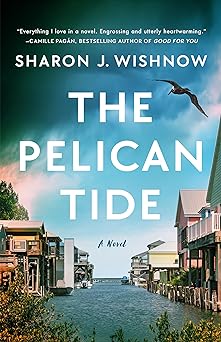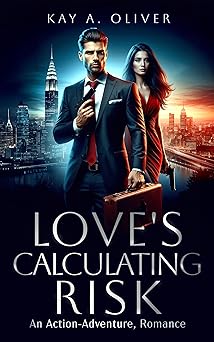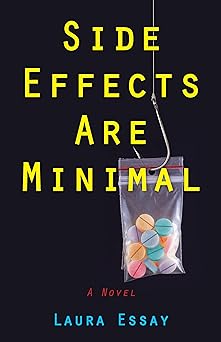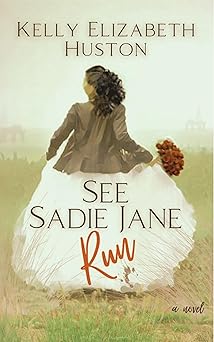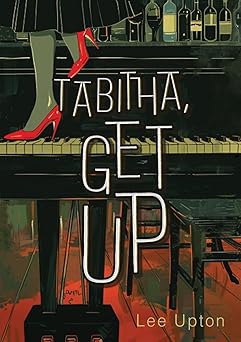FACT, FICTION OR A FUSION
By Cathleen Watkins
It would be difficult to write convincingly about performing a complex surgery or piloting a plane if you’ve never done these things. This is why aspiring writers are told, “Write what you know. Draw from what’s familiar.”
Like most writers, I can find aspects of my daily life to write about. For example, I have a knack for transforming blueberries into prize-winning jam. But would you be interested in a culinary article on the properties of pectin? Show of hands, please. I thought not.
So, here’s my advice to novice writers: Imagine you are at a cocktail party talking to people you’ve never met before. What gets their attention? Write about that.
I work as a private investigator. I know first-hand that this gets a group’s attention. Over the past twenty-five years, I’ve talked to scores of people who were either directly involved in serious problems or were witnesses to those problems. I’ve had deep conversations with people caught up in criminal matters from fraud to murder. While conducting workplace investigations, I’ve talked to countless employees—from dishwashers to doctors, coaches to computer programmers. The settings of these cases have been memorable too, as varied as an all-night diner, a college campus, or a police agency.
With rare exception, these conversations have been detailed, engaging, and unforgettable. While I’d love to tell you what people said, I can’t. It’s confidential. But assume I was never bored.
When Covid struck, as a non-essential worker, I was spared the pandemic’s front lines. Like so many people, I found myself with the rare commodity of unscheduled time. I filled the empty hours writing. I wrote about what was familiar. My debut mystery, Deadly Quiet, will be released in late June from Torchflame Books.
People have asked how much of my life as a private investigator appears in the book. The short answer is a lot. But there’s a different question: How much of my lived experience appears in the book. Again, a lot.
As a child I wrote stories and dreamed of writing a book someday. But life’s obstacles, both real and self-imposed, got in the way. I dabbled with short stories, but writing an entire book seemed too much. Even if I came up with a sound premise, I doubted I could produce a full-length manuscript.
It turns out I was wrong. I have the capacity to work through a complex investigation, sometimes lasting a year or longer, which is not so different from writing a murder mystery. In an investigation, you look for evidence, scrutinize it from different angles to see its relationship to the case, and then report what you learned to the interested parties. In mystery writing, you create fictional evidence, analyze it to see how it fits into the plot, and then weave it into a narrative arc for a reading audience. See, not that different.
The protagonist of my novel, Eliza Fox, is a young, single mom. She is licensed as a private investigator, but her law firm job has her focusing on mundane tasks like background checks and asset searches. Soon after the story begins, she gets embroiled in a murder investigation involving her extended family. As she works the case, local police detectives also look for the killer, running a parallel investigation.
Does Eliza’s search for the perpetrator mirror my experience? It does from the perspective of putting the puzzle pieces together. Eliza and her police counterparts try to solve the crime logically by carefully thinking about how to find evidence. But they also benefit from chance discoveries. In real investigations lucky breaks sometimes solve cases. In one scene, Eliza becomes frustrated when she has trouble locating a key witness using computer databases; I’ve also had this experience.
The novel’s setting and storyline—which focus on college life, gender issues, and the drive to succeed—also deal with familiar ground, both personally and professionally. I have investigated many complaints involving sexual harassment, where power imbalances, hidden motives, and mixed messages all factor into the case.
At several points, the book’s dialogue and imagery are drawn from conversations I’ve had and places I’ve been. When Eliza or the police question witnesses, they usually start by trying to put them at ease. I do this too. I have learned to “read the room,” mindful of when I ask delicate questions and how I phrase them.
This skill is not unique to investigators; therapists, journalists, attorneys, and clergy use similar techniques. Early in my career, I worked in journalism and public relations, jobs where I interviewed accomplished people and wrote profiles about them. At the time I was far younger and less established than the people I interviewed, and this caused some of them to doubt me. Once we fell into a rhythm, however, they usually wanted to talk past our allotted hour. There wasn’t any magic to it. I gave people my full attention and showed I was a keen listener. They relished having an audience.
Finally, I admit to being a habitual people watcher and unrepentant eavesdropper. This has nothing to do with being an investigator, and everything to do with my curiosity about humans. How much of my book comes from being a private investigator? Quite a lot. But a lot also comes from a lifetime of talking to people about their stories.
—
Cathleen Watkins is a licensed private investigator in California, with special expertise in cases involving discrimination and sexual assault. After twenty-five years in this field, she tapped into these experiences and wrote her first mystery, Deadly Quiet. Cathleen always enjoyed writing and editing. After studying journalism in college, she worked as an editor for several years and still provides red-pen edits when asked by family or colleagues. Her other interests include photography and cooking. Cathleen grew up in Los Angeles and lives in Southern California with her husband Dennis, and their Cardigan Welsh Corgi, Henry. She is currently working on the second book in her mystery series, The Eliza Fox Files.
https://www.facebook.com/CathWatkinsAuthor/
https://www.instagram.com/cathleen.watkins
DEADLY QUIET
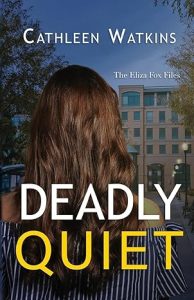 Eliza Fox must be smarter than the police and a step ahead of the killer.
Eliza Fox must be smarter than the police and a step ahead of the killer.
When an exchange student is found dead in the music practice rooms of Wexford College, there are few suspects and no clear answers. Martina Noto’s parents will fly into California from Rome as soon as they can, but until then the nearest relatives are Martina’s cousins: Private Investigator Eliza Fox and her mother, Francesca Noto-Fox.
As detectives Byron Comstock and Jessica Fonseca get familiar with the case, Eliza is determined to help catch Martina’s killer. She quickly begins her own investigation and is soon caught up in the twists and turns of finding the murderer, a far cry from her usual work as a paralegal. Often out of her depth, Eliza must overcome her own inexperience and learn to trust her instincts as she fumbles through her first high-stakes case.
Filled with both humor and suspense, this is one traditional mystery novel you don’t want to miss.
BUY HERE
Category: On Writing




